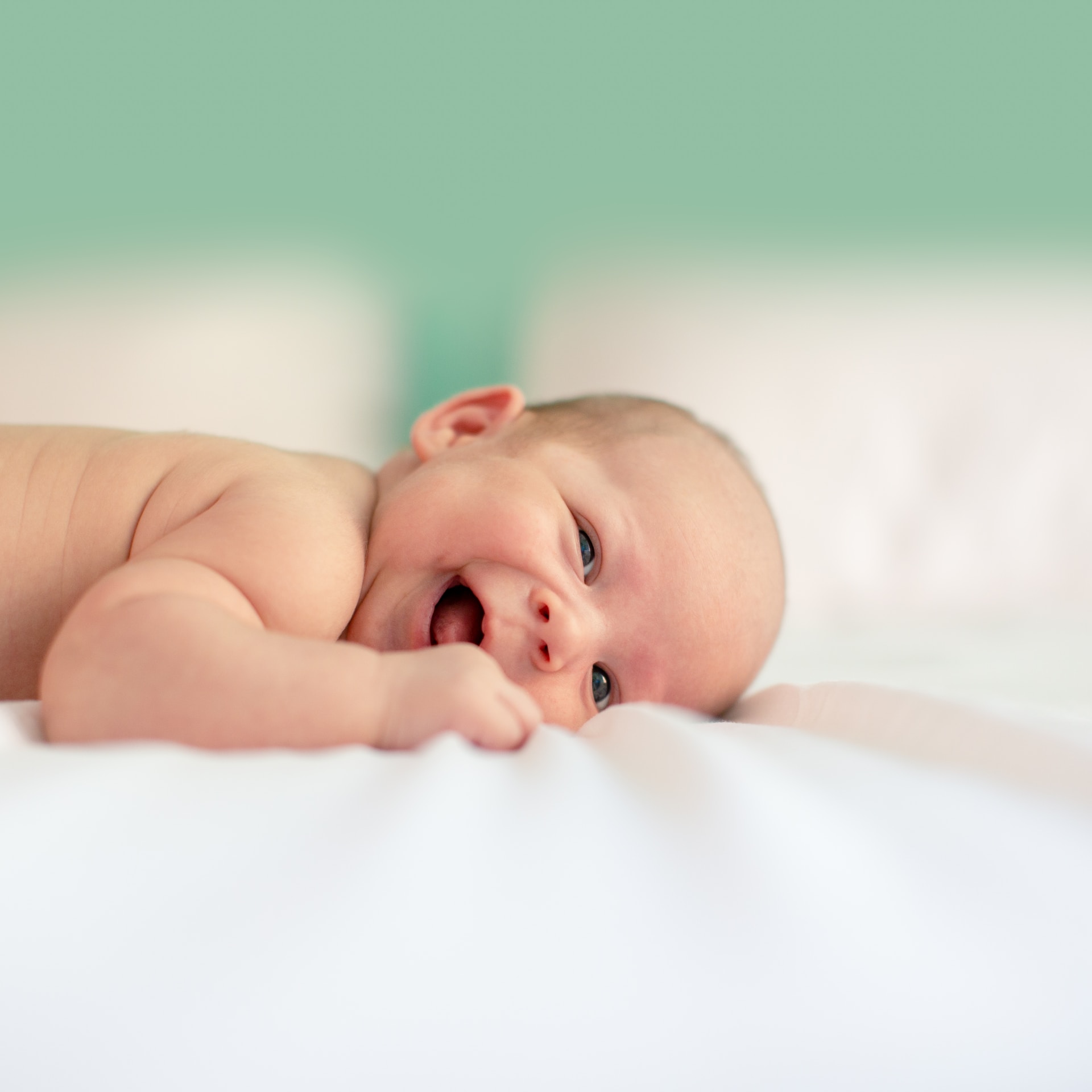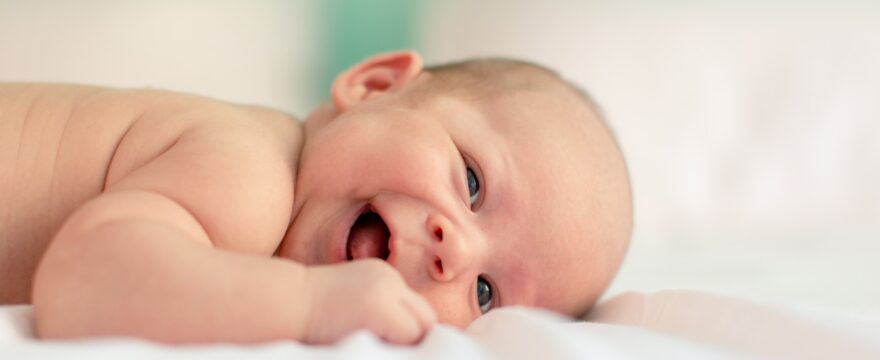
As parents, our top priority is always the safety and well-being of our children. We go to great lengths to ensure they are protected from harm, but it’s essential to be aware that some everyday baby products we trust might contain harmful toxins that could pose potential health risks to our little ones and even to ourselves.
From personal care items to nursery essentials, it’s essential to be vigilant about the products we choose for our babies. In this article, we’ll explore four baby products with hidden toxins and offer safer alternatives to protect your precious bundle of joy.
Talcum Powder
Talcum powder, commonly known as baby powder, has been a cherished household staple for generations due to its ability to keep skin dry and prevent chafing. However, recent years have seen mounting concerns over its safety and potential health risks, particularly for mothers.
Extensive research studies involving thousands of women have shown that those who have used talcum powder are approximately 30% more likely to be diagnosed with ovarian cancer. This alarming connection has led to a surge in talcum powder lawsuits, with over 38,000 claims already filed.
If you believe you may be a victim of this issue, it’s essential to know how to file talcum powder lawsuits, as you may have a chance to seek compensation for the harm it may have caused.
TorHoerman Law estimates that talcum powder lawsuits could potentially settle for amounts ranging from $100,000 to $1 million.
Safer Alternative: Opt for talc-free baby powders made from cornstarch or arrowroot powder. These natural alternatives are gentle on the skin and pose fewer health risks.
Baby Shampoos and Washes
Many regular baby shampoos and washes contain harmful chemicals like parabens, phthalates, and sulfates. Parabens can lead to reproductive problems in mothers and may also cause issues for babies. A study by Fairhaven Health found that baby animals exposed to high levels of parabens had difficulties with social interactions, learning, and memory.
On the other hand, phthalates, when exposed to babies and young children, can negatively affect their reproductive development and hormones. Additionally, Sulfates like sodium lauryl sulfate (SLS) can irritate the skin and eyes.
Safer Alternative: Opt for organic and natural baby shampoos and washes free from harmful chemicals. Look for products labeled “paraben-free,” “phthalate-free,” and “sulfate-free.” Ingredients like chamomile, coconut oil, and aloe vera can be gentle and nourishing for your baby’s sensitive skin.
Disposable Diapers
In the United States, approximately four million infants are born each year, resulting in the disposal of about a trillion diapers annually. During their first year, the average newborn goes through around 2500 diapers. If we consider all children who have not yet reached potty-training age, this number increases further.
Unfortunately, these diapers pose significant environmental and health concerns. They contain harmful chemicals like Tributyltin (TBT), which is a biocide used to inhibit bacterial growth. TBT is toxic to marine life and humans, impacting fertility, unborn children, and organ function. Additionally, it doesn’t degrade, leading to its persistence in the ecosystem and contamination of the food chain.
Another harmful component found in diapers is dioxins, which are produced as a by-product during the bleaching process of diaper materials. Dioxins are classified as persistent organic pollutants and are highly toxic, with proven carcinogenic properties and links to long-term health issues.
According to the EPA, the presence of dioxins in diapers adds to the overall environmental and health risks associated with their use.
Safer Alternative: Consider using cloth diapers made from organic cotton or other natural materials. Cloth diapers are reusable, eco-friendly, and often free from harmful chemicals. If using disposables, choose brands that are chlorine-free and fragrance-free.
Plastic Feeding Bottles
Baby bottles, especially those manufactured using polycarbonate plastics, have the potential to release harmful substances like bisphenol-A (BPA) and phthalates into their contents.
A recent study published in the journal Nature Food reveals that bottle-fed infants around the world may be consuming an average of more than 1.5 million microplastic particles daily. This concerning issue raises additional alarm due to BPA being a hormone-disrupting chemical that can potentially interfere with the healthy development of a child.
Safer Alternative: Choose baby bottles made from glass or stainless steel. These materials are free from harmful chemicals and are easy to clean and sterilize.
Conclusion
Ensuring the safety of our little ones is paramount, and being aware of the potential toxins lurking in baby products is essential for making informed choices. By opting for safer alternatives free from harmful chemicals, we can create a healthier and happier environment for our babies to grow and thrive in.
Always read product labels, do your research, and choose products that prioritize your baby’s well-being. After all, providing them with the best possible start in life is the greatest gift we can give as parents.
